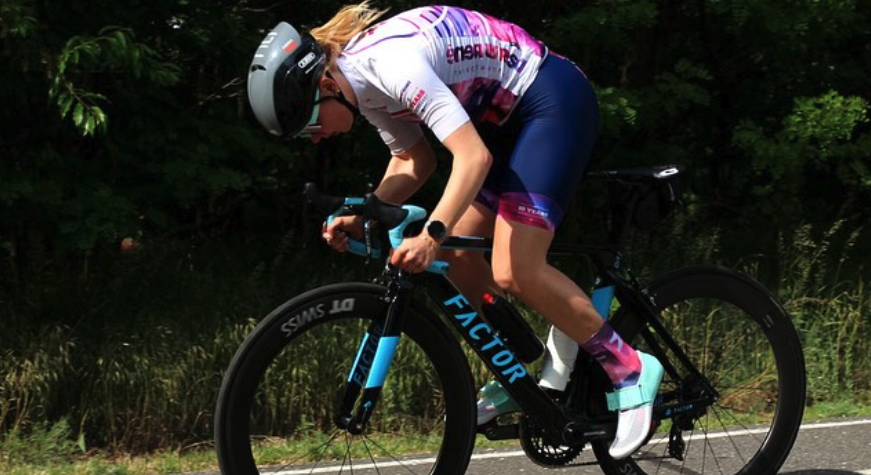In the German town of Stralsund, the triathlon community witnessed both brilliance and controversy. Fifteen-year-old Paula Huth stunned everyone by crossing the finish line first in a local Sprint Distance race, outpacing the entire adult field. Yet instead of celebrating one of the sport’s brightest young prospects, the headlines were dominated by her disqualification.
The reasoning? Huth had been registered for the youth division but lined up with the adults. According to the organizers, that meant she competed in a race she was not officially entered in, and therefore could not be listed in the results. The letter of the rulebook prevailed.
Online, however, the spirit of sport told a different story. Social media lit up with admiration for Huth’s performance – a teenager beating experienced adult triathletes. Many argued that such a result deserved recognition rather than erasure. Still, some voices defended the organizers’ decision, stressing the importance of safeguarding young athletes from distances or conditions not intended for their age category.
The debate strikes at the heart of triathlon’s ethos. Should we prioritize strict adherence to regulations, or should exceptional performances like Huth’s be celebrated, even if they fall outside the technical framework? For a sport that prides itself on endurance, fairness, and passion, the answer is not straightforward.
What is clear is that Paula Huth’s talent is undeniable. Later this month she will race at the European Junior Championships in Kitzbühel, this time very much within her own category.


